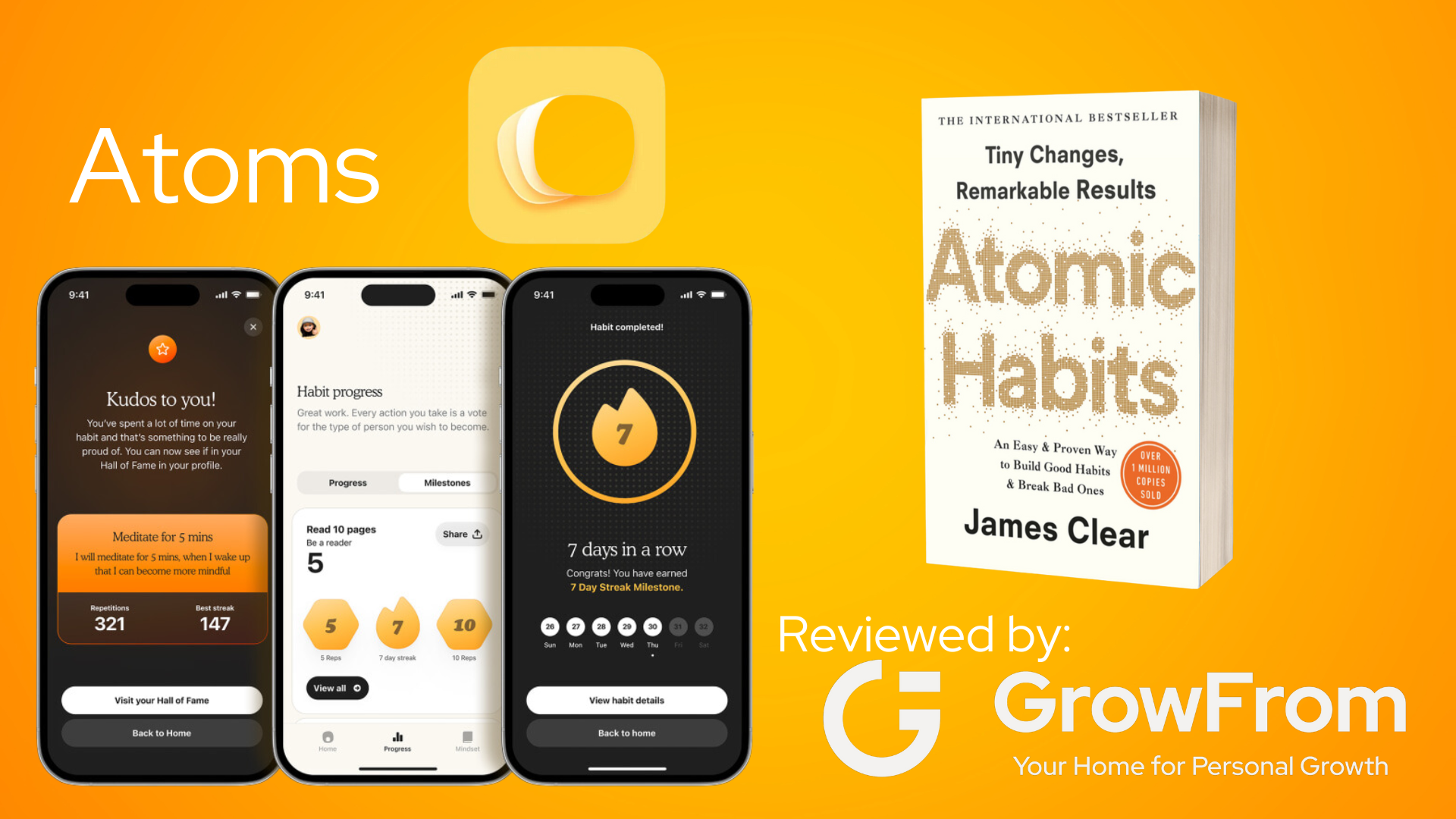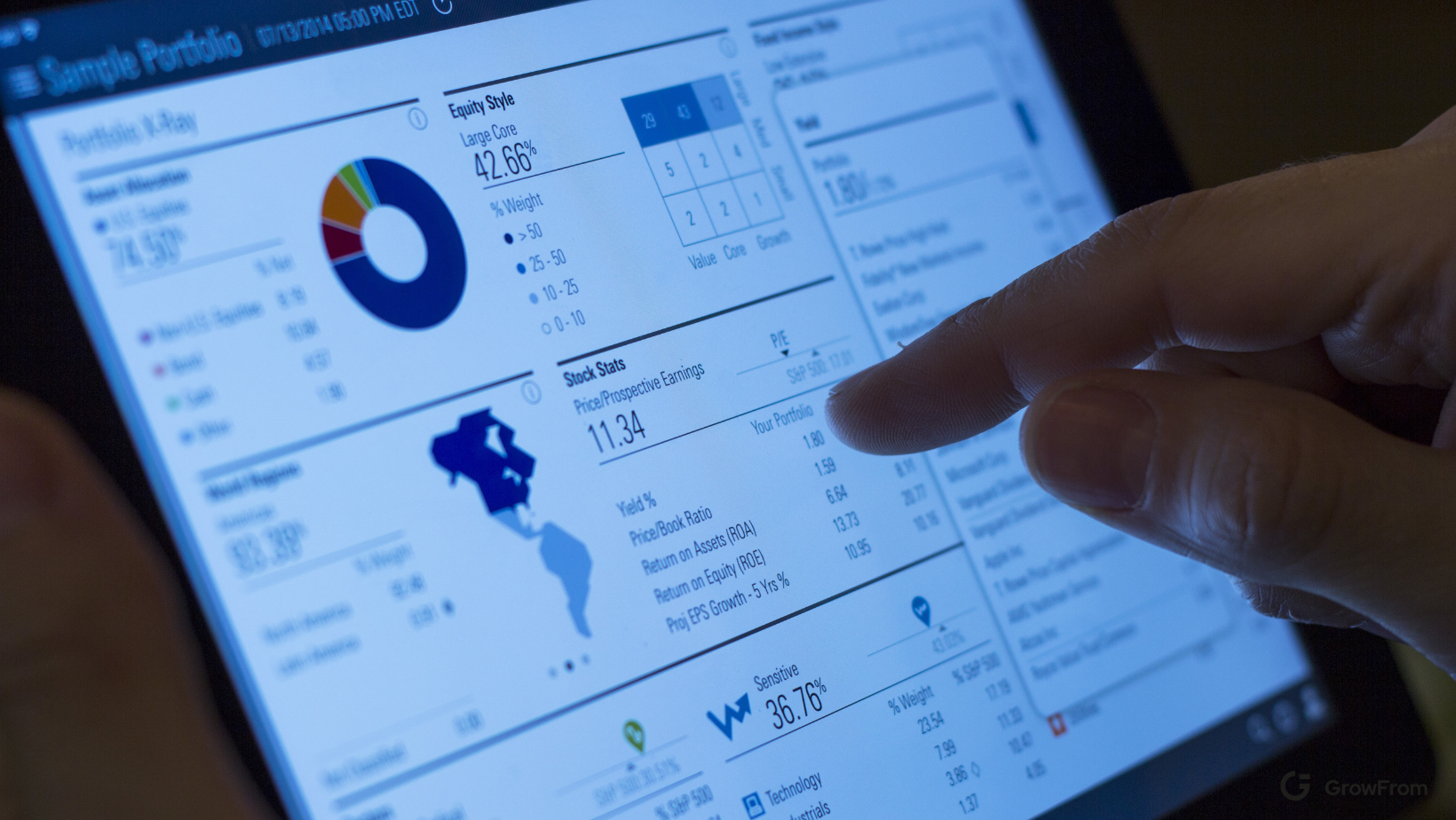Resourcefulness is a valuable skill that can help us to navigate life’s challenges with more ease and success. It is the ability to find creative solutions to problems, to adapt to new situations and to make the most of available resources. Being resourceful can help us to achieve our goals, improve our relationships, and increase our sense of self-confidence and independence. In this article, we will explore the ways in which we can develop resourcefulness and the benefits that it can bring.
- Cultivate a Growth Mindset
One of the most important steps in developing resourcefulness is to cultivate a growth mindset. This means that we believe that our abilities and skills can be developed through effort and perseverance. When we have a growth mindset, we are more likely to see challenges as opportunities to learn and grow, rather than as obstacles to overcome.
To develop a growth mindset, we can start by embracing challenges and viewing them as opportunities to learn. We can also focus on the process of learning and improvement, rather than just on the end result. This can help us to stay motivated and persistent in the face of obstacles.
- Practice Creativity
Resourcefulness often involves thinking outside of the box and coming up with creative solutions to problems. To develop this skill, we can practice creativity in our daily lives. This might involve trying new things, experimenting with different approaches, and exploring our own creativity.
We can also challenge ourselves to come up with solutions to problems in different ways. For example, instead of relying on the same approach every time, we might try brainstorming, mind mapping, or working collaboratively with others.
- Build a Support Network
Having a support network can be an important part of developing resourcefulness. When we have people we can rely on for advice, guidance, and feedback, we are better equipped to navigate challenges and make the most of available resources.
To build a support network, we can start by reaching out to people in our community who share our interests and values. We can also join clubs or organizations related to our hobbies or professional interests, and attend events where we can meet new people and build connections.
- Practice Self-Reflection
Self-reflection is an important part of developing resourcefulness. When we take time to reflect on our experiences, we can learn from our mistakes and successes, and develop a better understanding of our own strengths and weaknesses.
To practice self-reflection, we might keep a journal or diary, meditate or practice mindfulness, or seek feedback from others. We might also make a habit of setting aside time to reflect on our experiences and consider what we can learn from them.
- Be Proactive
Being proactive is another important aspect of resourcefulness. This means taking the initiative to identify and pursue opportunities, rather than just waiting for them to come to us. When we are proactive, we are more likely to achieve our goals and make the most of available resources.
To be proactive, we can start by setting clear goals for ourselves and taking action to achieve them. We might also seek out opportunities for personal and professional growth, such as taking classes, attending conferences, or volunteering in our community.
- Embrace Change
Finally, developing resourcefulness requires us to embrace change and be flexible in our thinking and approach. When we are able to adapt to new situations and perspectives, we are better equipped to navigate challenges and make the most of available resources.
To embrace change, we might practice mindfulness or meditation, seek out new experiences and perspectives, and challenge ourselves to try new things. We might also make a habit of reflecting on our experiences and considering how we can learn and grow from them.
In conclusion, developing resourcefulness is an important skill that can help us to achieve our goals and navigate life’s challenges with more ease and success. By cultivating a growth mindset, practicing creativity, building a support network, practicing self-reflection, being proactive, and embracing change, we can develop our resourcefulness and improve our ability to find creative solutions to problems, adapt to new situations, and make the most of available resources.
The benefits of resourcefulness are many. When we are resourceful, we are better equipped to achieve our goals and overcome challenges. We are also more likely to be successful in our personal and professional lives, as we are able to adapt to changing circumstances and make the most of available opportunities. Additionally, being resourceful can improve our sense of self-confidence and independence, as we are able to rely on our own skills and abilities to achieve our goals.
In conclusion, developing resourcefulness is a valuable skill that can help us to navigate life’s challenges with more ease and success. By cultivating a growth mindset, practicing creativity, building a support network, practicing self-reflection, being proactive, and embracing change, we can develop our resourcefulness and reap the many benefits that it offers.







